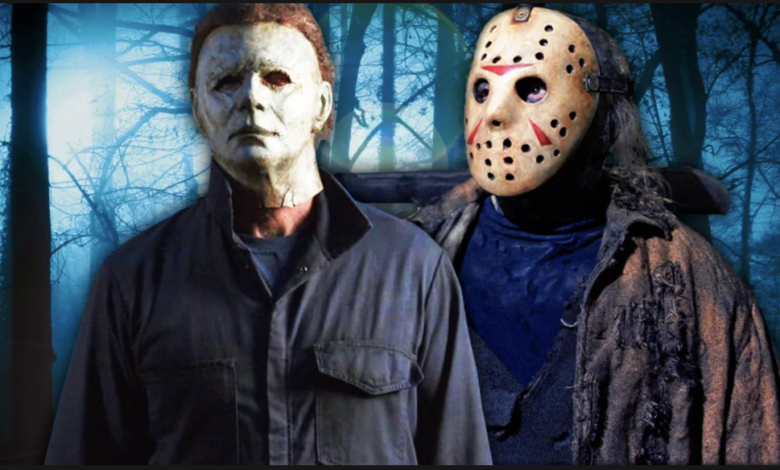
Friday the 13th: a date that has inspired fear, caution, and countless superstitions for centuries. This curious confluence of day and number has been woven into the fabric of human history, inspiring dread and trepidation. In this in-depth article, we’ll explore the origins, superstitions, and cultural impact of Friday the 13th, attempting to unmask the mystique that surrounds this unique day.
Origins of the Fear
The roots of Friday the 13th’s notoriety can be traced to various sources:
- Religious Significance: Some believe the superstition originates from Christianity. The 13th guest at the Last Supper, Judas Iscariot, is traditionally believed to have betrayed Jesus. This event is closely tied to Good Friday, the day of Jesus’s crucifixion. The combination of these two unlucky elements gave rise to the fear surrounding the number 13 and Fridays.
- Historical Events: Historically, there are occurrences related to Friday and the number 13 that have perpetuated the superstition. The Knights Templar were arrested on Friday, October 13, 1307, adding to the fear of the day. However, some historians argue that the level of fear attributed to this event might be exaggerated.
- Numerology and Folklore: Numerology and folklore have contributed to the superstitions surrounding the number 13. In many cultures, the number 12 is seen as a symbol of completeness (e.g., 12 months, 12 zodiac signs), and 13 is often perceived as an irregular and potentially ominous number.
Superstitions Surrounding Friday the 13th
The superstitions surrounding this day have given rise to various customs and beliefs:
- Bad Luck: Friday the 13th is often associated with bad luck. People may avoid significant decisions, travel, or important life events on this day.
- Avoiding Certain Actions: Some people refrain from activities like starting a new job, getting married, or traveling on Friday the 13th.
- Fear of the Number 13: Triskaidekaphobia is the fear of the number 13. Many buildings skip the 13th floor, and some individuals feel intense anxiety when this number appears in their lives.
- Superstitious Practices: To ward off bad luck, some people engage in superstitious practices like carrying lucky charms, avoiding mirrors, or knocking on wood on Friday the 13th.
Cultural Impact
Friday the 13th’s influence extends to literature, film, and popular culture:
- Literature: The superstition has inspired numerous works of literature, including Thomas W. Lawson’s 1907 novel “Friday the Thirteenth,” which dealt with the financial crash on Wall Street. It was considered prophetic by some due to its release date.
- Film: The “Friday the 13th” film franchise, which began in 1980 with the release of a horror film by the same name, has become a cult classic. The series revolves around the masked killer Jason Voorhees, making hockey masks synonymous with horror.
- Popular Culture: Friday the 13th has infiltrated popular culture, becoming a source of fascination and dread. The day is often depicted as ominous in television shows and books.
Conclusion
Friday the 13th, a day of superstition and fear, continues to capture the human imagination. While its origins may be shrouded in history and legend, its impact on culture, literature, and film is undeniable. For some, it’s a day to tread cautiously, while for others, it’s an intriguing topic to explore and demystify. Regardless of one’s beliefs, Friday the 13th remains a unique and enigmatic part of our collective consciousness, offering endless opportunities for exploration and interpretation.



